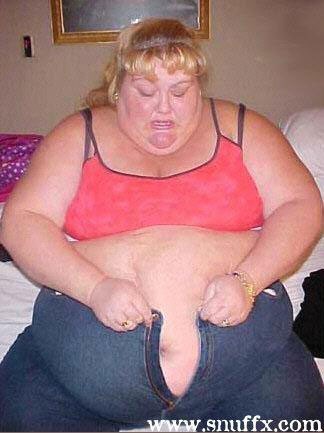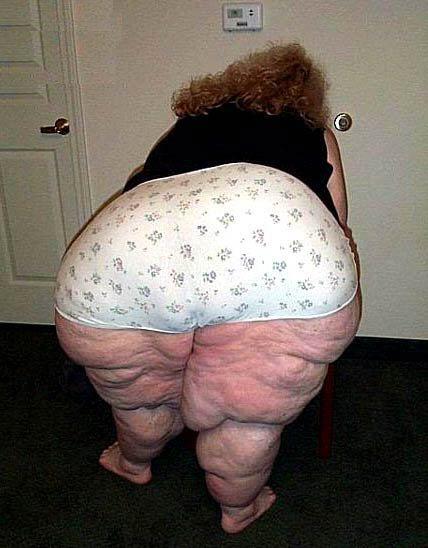I am honestly stunned that this campaign is still around. According to The Internet, it began in November 2009 - so despite widespread condemnation of them by feminists, it's managed to last a year. This suggests to me that perhaps the reaction against them hasn't been as large or as vocal as I assumed it to be. After all, when I look at that poster the problems with it are immediately obvious. I don't understand how anyone could ever think that an appropriate anti-rape strategy, let alone one suitable enough to last a whole year. But clearly my reaction is not a universal one. So, for those who don't see any problem with it, or who feel uncomfortable with the poster when they see it but aren't sure why, let me break it down for you.
1. The victim-blaming
The message of the advert is: 'Take an unbooked minicab and you'll get raped. If you get raped after taking an unbooked minicab, this is your fault, as you shouldn't have been taking an unbooked minicab.' In case anyone thinks I'm "reading too much into this" let's take a closer look at the small text.
'Whether you approach the driver, or they approach you, there's no record of the journey and you're putting yourself in danger.'
YOU'RE putting YOURSELF in danger. The guy who rapes you isn't putting you in danger by raping you. You did this to yourself. It's an incredibly simple message, and it's one that permeates our culture: rape victims bring it upon themselves. The fact that a Mayor of London-sponsored initiative is championing it so heartily just goes to show the extent of the victim-blaming problem.
2. The triggering
The whole point of the advert is that the main part of the text comprises of things we imagine rape victims say while they're being raped. Just in case this text isn't enough of a reconstruction of an actual rape scene, they've also included the visual aid of a woman terrified and screaming in the back of a car. Basically, they've done everything they can to recreate within a poster the experience of being raped.
I find it astounding that apparently no one on that marketing team thought to bring up the fact that actually, recreating the experience of being raped might not be cool for someone who has been raped. That seeing this poster even once, let alone multiple times every day, might cause them to relive that moment of their lives. That it might compound the trauma even further by repetition. That it might prevent rape victims from being able to draw a line between the incomprehensibly awful experience of being raped and the everyday experience of going about their lives, using the tube. Surely all of that is obvious. We have to assume that the ability of rape victims to carry on with their lives was considered a necessary sacrifice.
What's harder to explain is the sick feeling in my stomach that I, and other women who have not been raped, get from seeing it. The reasons for that might be many, but I think it has something to do with the knowledge all women have of our vulnerability to rape. We know it might happen to us - not only in unbooked minicabs but in our own bedrooms, on the street, in a trusted friend's house, in a nightclub, anywhere - and the poster serves to give us a daily reminder. Living life as a woman, that fear is always lodged somewhere in the back of our minds. Thanks, Boris, for bringing it to the forefront as well, several times a day.
3. The pleading
The more I've seen the poster, the more I've felt that there was something wrong with its message beyond mere victim-blaming. It's not just that the message of the poster is "if you take an unbooked minicab, you're getting yourself raped" - it's the execution of that message, the way it pleads with women like a woman would plead with a rapist. In what situation would you say "Stop, no. Stop please, no, please. Please stop"? Any situation within which the person or people you are talking to is doing something terrible to you. Once we see the poster as Cabwise / the Mayor of London talking to women through the advert, this becomes rather grotesque. The implication is that women, by continuing to take unbooked minicabs, are doing something terrible to Cabwise. Our actions - blithely supposing that we might be free to do something as simple as taking a taxi without having to be vigilantly on our guard - are so abhorrent that they merit PLEADING with us to stop. Women, by taking unbooked cabs, are doing something that is analogously as bad as raping someone. Let that sink in for a minute.
How can this poster be defended? I suppose it was chosen for its "shock value", its "hard hitting", "attention grabbing" approach. Frankly, if your marketing people can't think of a more appropriate way to get people's attention than simulating a rape, you might want to get new marketing people. This message might have been communicated in any number of different ways. Maybe one day - dare to dream - we'll see a campaign which recognises that it's the men who rape who are doing something wrong, not the women who are raped.








